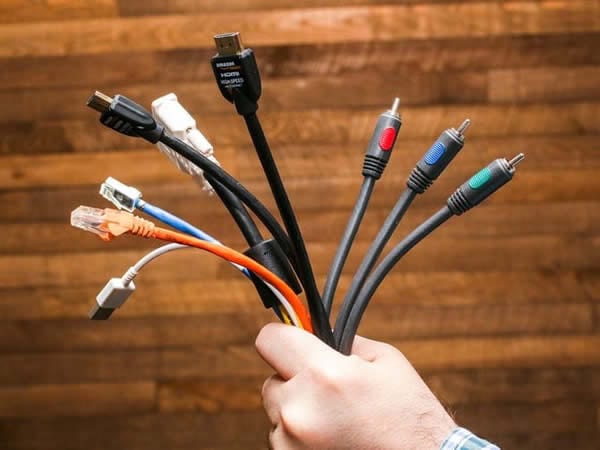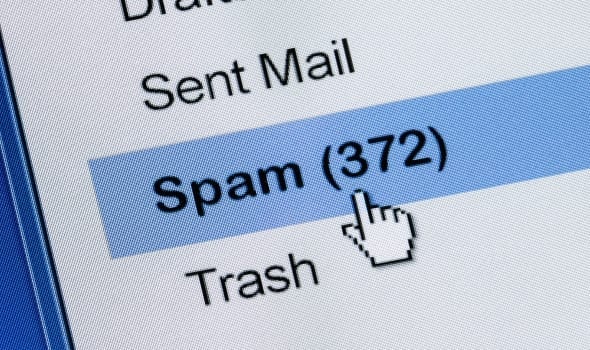Technology amazes and baffles us all at the same time. We’re here to make it less of a mystery to non-techies.
Many of us have technology-related questions that could be begging for answers. We did our homework so we can list down some really popular tech questions that persist to this day. Here are some of them:
What do different malware programs (e.g. viruses, Trojans, etc.) do to your computer?
They’re all bad, but each kind of malware does different things. Trojans leave your device susceptible to snoops and hackers. They even let malicious parties control your computer. Viruses, meanwhile, spread in your system by endlessly making copies of themselves. Once they grow in number, they eat off your bandwidth and slow down your PC. Eventually, they make your device crash or corrupt your files.
Is ejecting USB drives every time necessary?
Yes, if you care about not losing any of your data. Computers use a function called “write caching” to optimize the process of transferring files between storage devices. As you give the signal to eject a drive, your computer finishes any task it’s doing for your USB drive to ensure you won’t lose data. In the end, ejecting is a really small price to pay to keep your files safe.
Why are cables so expensive?

Getting HDMI cables for your Blu-Ray player or USB Type-C adapters for mobile phone will cost you a hefty sum. Most renowned brands put a steep price on their cables because they know consumers will badly need them sooner or later. However, this doesn’t mean the cheap ones you get from a budget electronics store won’t do just as well.
Is it necessary to keep resetting the router?
We’re often advised to unplug the router and plug it right back in whenever the Wi-Fi acts up. Strange as that may seem—yes, it does work. If your wireless Internet connection isn’t stable, it could be caused by a number of things. That includes an overheating hardware, excessive use of Internet bandwidth, or an obsolete router. A quick reset often resolves these issues in a hurry.
Does online privacy really matter?
Personal data is always worth protecting. You may not be putting out credit card information or passwords in public domains but even details you share on social media and blogs can be used for malicious intent. In fact, anything you put out online can be used by authorities and companies to track you. They can even be used to steal your identity.
How to keep a laptop’s battery in good shape?

Most gadgets these days run on lithium-ion batteries. To make them last longer, you should keep them cool, do shallow discharges, and unplug them after a full charge. Regardless of how religious you do these things, keep in mind that batteries have limited service life no matter what. You’d be wise to focus more on getting better battery life from every given charge.
Should anyone be wary of using public Wi-Fi?
Connecting to free Wi-Fi networks may be convenient, but it comes with a couple of risks. Because they’re not as secure, tech-savvy crooks can use the connection to see what you’re doing. Yes, that can happen even if the Wi-Fi connection is protected by a password. Online felons can, indeed, steal both your password and personal information using a public wireless network.
How to tell if an email is spam or not?

Most spam emails are obvious, but a few are far more subtle. Those few that are convincing enough are made to look like they’re coming from a legit source. They’re mostly designed to phish personal information from you. To tell one from the other, take note of the links the email is showing you. Does the URL look legitimate or does it lead to some other random website? Check who sent the email, too.
Does the address look like that of someone from a respected organization you’ve transacted with?
What happens to a website that gets hacked?
Once a domain gets compromised, hackers usually get in to dig for usernames and passwords.
Although that largely depends on how a website stores user passwords, you can’t be too complacent.
If you don’t want your account to become a victim of such intrusions, strengthen your password. Have a backup ready for all the data you store on your compromised account.
Are there consequences for downloading stuff via Torrent?
The obvious answer here is yes. Most media companies are on the prowl for people who download their content from the likes of BitTorrent. That includes your Internet service provider, who could watch your traffic just to see if you’re torrenting. They may then throttle your connection’s speed and penalize you in some other ways if you’re caught red-handed.
Need more elaborate answers to each of these conundrums? Stay tuned because we’re posting lengthier explanations in future posts real soon.
HelloTech editors choose the products and services we write about. When you buy through our links, we may earn a commission.


